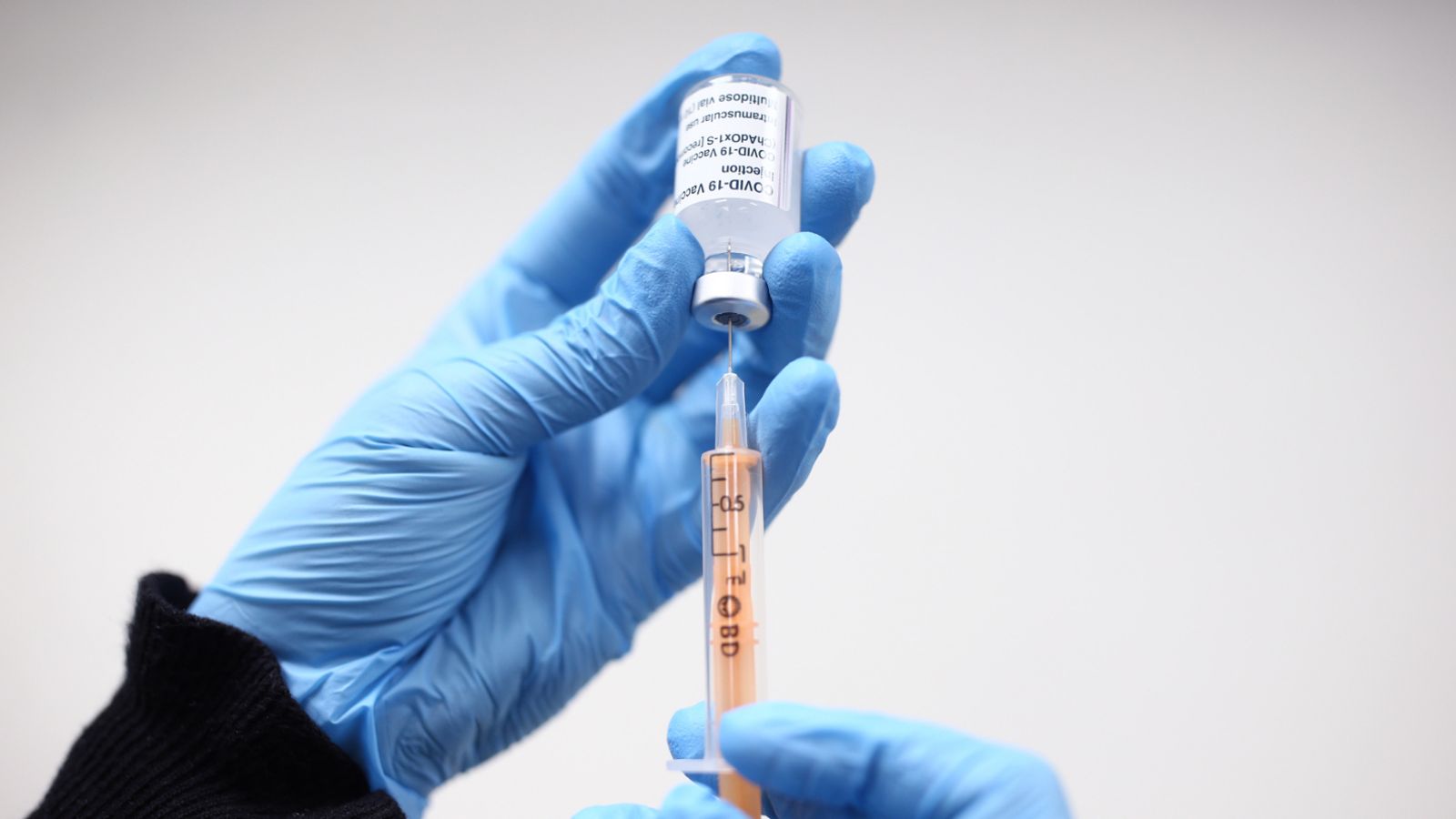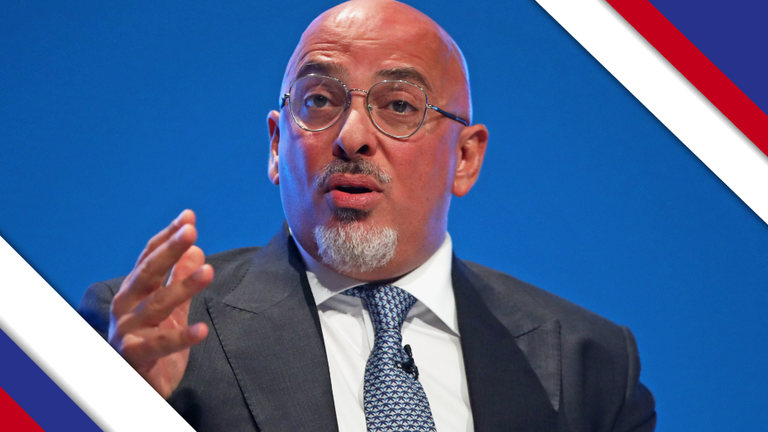South Africa is suspending its rollout of the Oxford/AstraZeneca coronavirus vaccine after finding it offers limited protection against mild disease caused by the COVID-19 variant discovered there.
It follows disappointing results in a trial conducted by the University of the Witwatersrand, Health Minister Zweli Mkhize said.
The government had been intending to give the AstraZeneca jab to healthcare workers soon after receiving a million doses produced by the Serum Institute of India on Monday.
Instead, it will offer those workers alternative vaccines from Pfizer and Johnson & Johnson in the coming weeks.
In the meantime, scientists will consider how the AstraZeneca shot can be deployed.
“What does (this) mean for our vaccination programme which we said will start in February? The answer is it will proceed,” Mr Mkhize said in an online briefing.
“From next week, (and) for the next four weeks, we expect that there will be J&J vaccines, there will be Pfizer vaccines. So what will be available to the health workers will be those vaccines.”
He added: “The AstraZeneca vaccine will remain with us, up until the scientists give us clear indications as to what we need to do.”
Earlier, a spokesman for AstraZeneca said: “Early data has shown limited efficacy against mild disease primarily due to the B.1.351 South African variant.
“We do believe our vaccine could protect against severe disease, as neutralising antibody activity is equivalent to that of other COVID-19 vaccines that have demonstrated activity against more severe disease, particularly when the dosing interval is optimised to 8-12 weeks.”
Reacting to the development, Professor Peter Openshaw, professor of experimental medicine at Imperial College London, said the trial “seems to have been restricted to HIV negative younger people (mean age 31), (with) about 1,000 in the placebo arm and 1,000 in the active vaccine group”.
He added that “vaccines that are effective against the more severe forms of disease may not affect milder forms”.
There is “optimism that severe disease will still be prevented by vaccines”, Prof Openshaw said.
Professor Anthony Harnden, deputy chair of the UK’s Joint Committee on Vaccination and Immunisation, said: “Evidence suggests the Oxford AZ vaccine protects against disease caused by the predominant Covid variants circulating in the UK.
“It remains highly likely that the vaccine will also protect against severe disease caused by the South African variant.”


